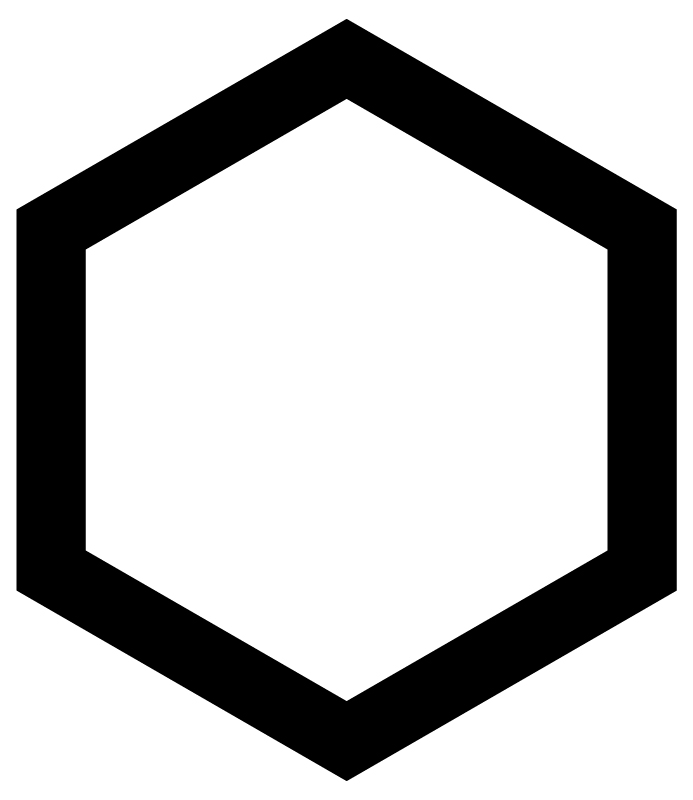Architecture + Ecriture:
Nature + Culture
28.6–7.7.2019
Architecture & Ecriture is an invitation to writing and to writers. The programme will continue to explore how various forms of writing and in particular the form of the short essay can contribute to the development of new architectural ideas. We welcome architects as well as curators, designers or artists interested in spatial theory and literature to join us in Paris from 28 June to 7 July 2019.
Modelled on the Parisian Literary Salon, the programme draws largely from French Theory and Cultural Studies, yet, given the international context of the Visiting School, texts are read mostly in English translation. Our focus is therefore particularly attuned to the special conditions of translation itself – conditions that bridge and transfer meaning/s across languages and also have the ability to produce new meanings.
This year we are pleased to announce our new partnership with the Ecole Nationale Superieure d’Architecture de Versailles, which will be hosting the first Biennale d’Architecture et Paysage d’Ile de France. This is an opportunity for us to engage with the topics of the Biennale.
Gandamaison, installation by Tadashi Kawamata at La Maréchalerie - centre d'art contemporain / ENSA-V, 2008 — Photo Laetitia Tura.
We want to envisage the words nature and culture not as separate antithetic entities but as a context whereby culture might be understood – and problematised – as cultivation. A farmer in French is known as a paysan (as in Louis Aragon’s Paysan de Paris*), an agriculteur, or a cultivateur who tends to the fields. One cultivates one’s secret garden, whilst being cultivated itself is seen as the prerogative of the very few. How do nature, culture and cultivation inter/relate? What does this inter-relation mean for the built environment?
In his quasi-encyclopedic entry on Nature, architectural historian Adrian Forty writes that “in European thought generally, interest in nature as a putative model for the arts went into sharp decline in the second half of the nineteenth century”, only to see the return, in the late 60s, of environmental concerns for the planet, sustainability and green-labeled buildings. During this shift, technology was often hailed as the solution to all ills but its significance for Architecture as a discipline is seldom examined.
La Grande Moisson, Paris 1990, Syndicat des Jeunes Agriculteurs.
To discuss these themes with us, we have invited Professor Peg Rawes, editor of Architectural Relational Ecologies**, who has written on the aesthetics and poetics of Agnes Dene’s activist environmental intervention in New York entitled Wheatfield (1983). Seven years later, the Avenue des Champs Elysées in Paris was transformed by the young farmers’ union Jeunes Agriculteurs into a gigantic wheat field. Combine harvesters rolled along the most famous avenue in the world in what has come to be known as one of the most surrealist events to take place in the capital.
Schedule
We will make the most of our time in Paris and visit selected exhibitions and archives. Participants will take part in a series of workshops, talks and seminars led by guest writers and thinkers. After close reading of a selection of texts, participants will engage in writing and be offered the possibility to present their work for discussion.
Full schedule for 2019 here.
Please note that times and activities may be subject to changes when necessary, please take note of the latest updates issued by the programme director during the Visiting School.
Location
We are delighted to announce our new partnership with the Ecole Nationale Superieure d’Architecture de Versailles for 2019, which will also host the first Biennale d’Architecture et Paysage d’Ile de France (Architecture and Landscape Biennale). The school occupies the former stables, or Petite Ecurie, of the Château de Versailles.
All sessions are based at Ecole Nationale Supérieure d'Architecture de Versailles, unless otherwise specified.
ENSA-V is located in the former stables of the Château de Versailles
5 avenue de Sceaux
78000 Versailles
versailles.archi.fr


